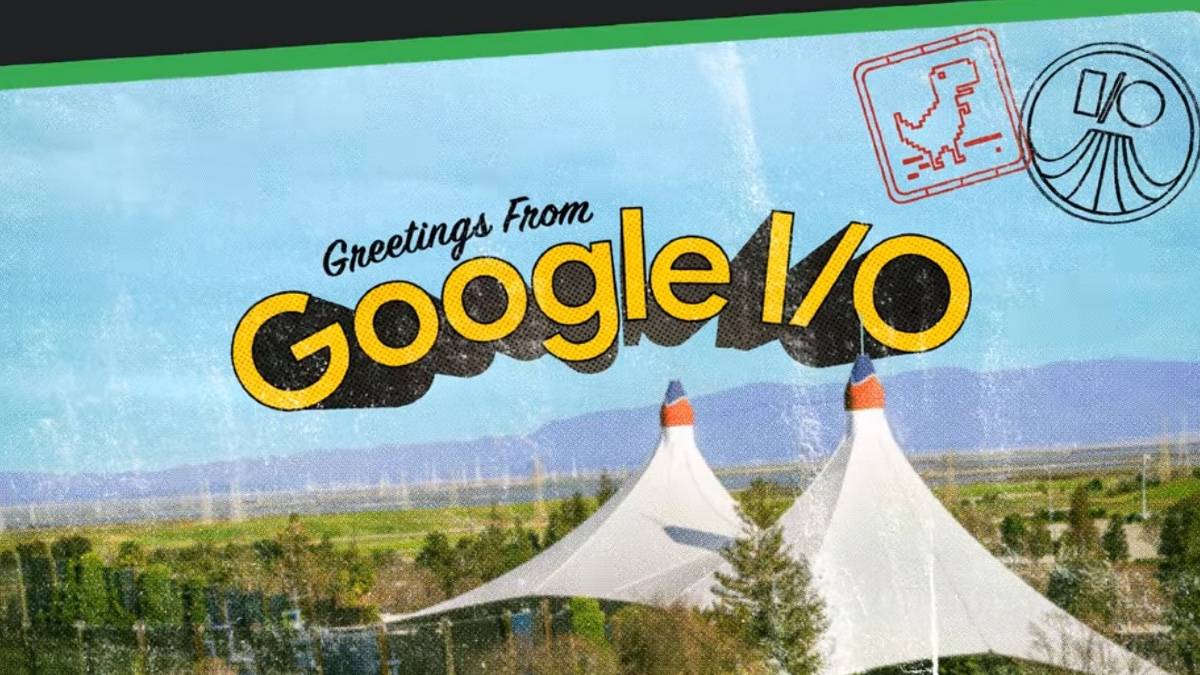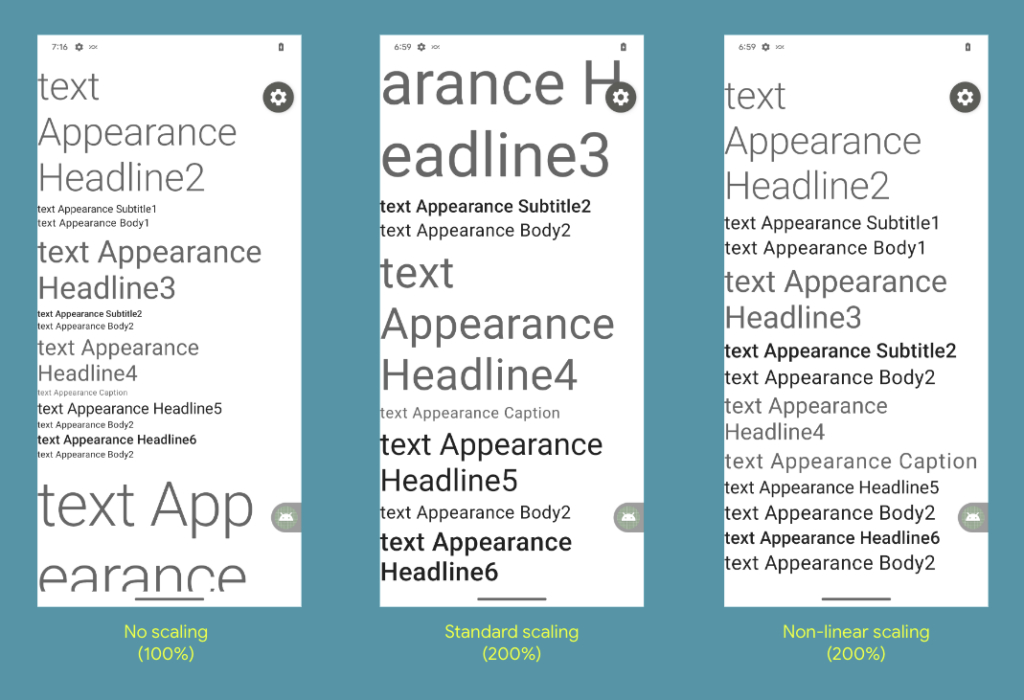
Google I/O 2023 is less than a week away now, and the developer conference signals a time for most leading developer announcements to be made from most major Big Tech firms in the world. Before Microsoft and Apple, Google will kick things off with the traditional conference that showcases the latest developments in the world of Android, which along with Search, were what most of the initial I/O conferences featured.
But, over time, as Google expanded its scope and horizons, the importance of Google I/O 2023 also grew, to now make it one of the most important tech conferences of the year. Along with Android, the conference is expected to showcase the latest developments in artificial intelligence and its impact in various subsets of Google’s businesses, operating system advancements beyond Android, and its latest generation of ‘Made by Google’ hardware.
On this note, here’s taking a look at everything that we expect to see at Google I/O 2023.
Table of Contents
Google I/O 2023: how and when to watch
The annual developer conference, Google I/O 2023, will be held in its physical form at Shoreline in Mountain View, California – home to Google’s global headquarters – on May 10th, at 10AM Pacific Time (10:30PM IST). It will also be streamed live, and users can join the stream to view online. To watch the stream, click here or head to the stream embedded below.
Google I/O 2023: expected announcements
As with every edition of the conference, Google I/O 2023 is confirmed to showcase the latest capabilities of Android OS. Google has previously showcased how the operating system has integrated its latest technologies, and featured in its latest hardware, and this year is slated to be no different.
Android 14
This year, Android 14 is expected to be an incremental upgrade over last year’s Android 13. The world’s most popular operating system, which powers an overwhelming majority of all phones around the world and over 95 percent in India, will include a select number of incremental new features this year. These include the likes of non-linear font scaling, per-app language preferences for users and developers that add to more flexibility in usage, a host of privacy and security improvements that include not allowing unlimited app access to accessibility information and settings, sign-in credentials manager, a new back arrow animation and previous app preview in gesture navigation, and more.

Last year, after Apple introduced satellite internet connectivity to its iPhone 14 lineup, Qualcomm launched its Snapdragon Satellite chip, and Google vice-president, Hiroshi Lockheimer, also posted about working on integrating satellite connectivity into Android itself. This could also feature as part of Android 14, all of which remain to be seen in a week’s time.
Pixel Fold
The Google Pixel Fold was recently confirmed to launch at the event by Google, after a series of heavy speculations. At Google I/O 2023, the company is marking its entry into a still-experimental field of smartphones. We’ve already seen a host of rather high resolution renders, as well as in-hand videos of how the phone may look like. Now, the teaser video posted by Google has confirmed this, showing a slim hinge design that was touted for so long.
✨May The Fold Be With You✨https://t.co/g6NUd1DcOJ#GoogleIO #PixelFold
— Made by Google (@madebygoogle) May 4, 2023
May 10 pic.twitter.com/K8Gk21nmo8
As part of its rumour base are features such as a slim hinge, a 5.8-inch outer display and a 7.6-inch internal folding display. It is also tipped to offer 24 hours of battery life, but may run on the older Tensor G2 chip. Full details about its specifications should come our way by next week.
Pixel 7a
The new sub-flagship Pixel phone is also expected to be launched this year, and the same is expected to be made available in India, too. Google has already scheduled and confirmed a product launch event for Pixel phones for May 11th — suggesting that the latter could see the Pixel 7a being unveiled.
The smartphone is expected to run on the Tensor G2 chip, and feature a 6.1-inch OLED 90Hz display. It could get a 64MP dual rear camera setup, along with 8GB RAM and 128GB storage, and a 4,400mAh battery with 20W fast charging, too. The Pixel 7a is also expected to get Charcoal, Snow and Blue colour options, and could offer a similar usage experience as the presently available Pixel 7.
Pixel Tablet
The Google Pixel Tablet has been teased by Google itself plenty of times, and it would therefore be rather surprising if it is not finally launched at this year’s I/O. The tablet also appeared on the US FCC certifications site earlier this month, suggesting that it could be close to a commercial launch, too.
We don’t know a whole lot about the Google Pixel Tablet as yet, except for it being certified to support Wi-Fi 6 and Bluetooth LE in wireless connectivity. It is also expected to get a charging dock that turns the tablet into a smart home display — in which it looks almost exactly the same as Google’s Nest series of smart display speakers. It is also expected to run on the Tensor G2 chip, and feature an 11-inch display and offer 256GB storage.
Android has so far remained far behind iOS when it comes to their tablet implementations, so it remains to be seen if this launch may end up changing things for Google in the tablet space.
AI advancements
Beyond all the hardware, Google I/O 2023 is certain to be all about artificial intelligence — Google’s next big bet. It all started with the advent of ChatGPT, OpenAI’s super popular chatbot, following which Google introduced Bard — a chatbot based on the company’s own language model, PaLM. However, customer-end implementations of Bard have remained limited to a very small subset of early-access users, even though Google has already spoken about bringing generative AI to its full set of cloud tools and applications such as Gmail, Google Docs and more.
At I/O 2023, Google may offer key details on what the future of its generative AI applications would look like, for users. Rumours in developer channels have claimed that Google may offer generative AI integrations into Android in order to increase its user base, although there could be technological, regulatory and operational challenges to this. AI may also be included in the Google Assistant, and offer users a whole range of use cases and implementations over and above the existing features of Android OS. Whether Google makes all of these changes this year, or the next, remains to be seen.
Other devices
Expect a teaser for the flagship Pixel 8 series too. Finally, Google is also tipped to showcase new operating system deployments, including potential new capabilities that it adds to Wear OS, as well as its two operating systems that power smart TVs — Android TV and Google TV.











